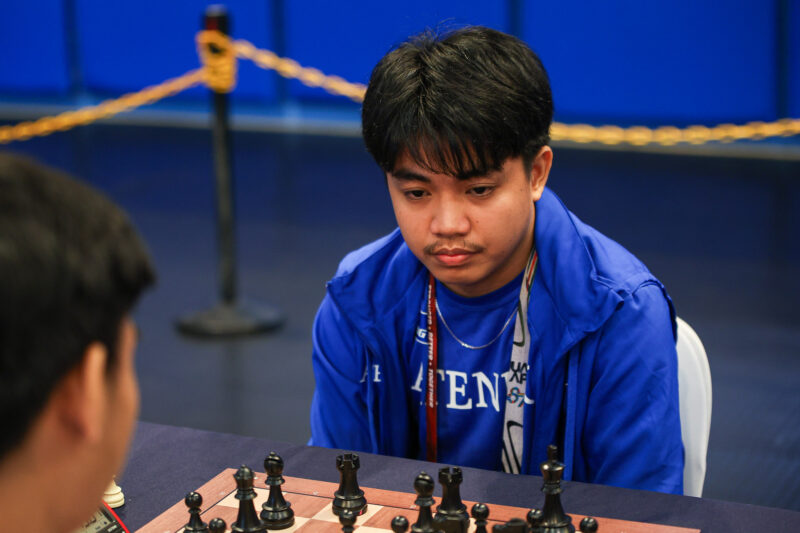THE LABOR organization Bukluran ng Manggagawang Pilipino (BMP) hosted a talk entitled “What Is To Be Done: Labor Activism in the Front Line” during this year’s Talakayang Alay sa Bayan (TALAB) at CTC 105 on October 8. Among many things, the forum featured BMP President Atty. Luke Espiritu and member Rafael La Viña as they discussed the role of labor movements in achieving social change and the importance of political consciousness in propelling these movements.
Political weight
La Viña narrated various stories from his experience working for BMP and joining worker strikes. He specifically recounted the Pacific Plaza Strike where La Viña observed that police attempted to provoke the picketers. The police were also said to have repeatedly violated Rule 24 of the Operational Procedures of the Philippine National Police Handbook, which prohibits police to go nearer than 50 meters from a picket line.
In explaining how legal systems fail to protect workers and is even “weaponized” at times, La Viña said that “our institutions are functioning to do what they are meant to do, which is protect the interests of the ruling class.”
Afterwards, Espiritu expounded on the issues of labor movements in the country in the context of political awakening. According to him, workers in other countries possess “political weight” or the ability to identify and gather as a sector that is politically conscious of their role in production and society.
He said that this political weight allows them to affect changes as a class, unlike in the Philippines where the labor sector is more fragmented.
“Kapag sobrang hina ng workers’ movement mo, hindi mo maha-harness ang workers mo into a class force to keep in check ang iyong ruling class (If your workers’ movement is very weak, then you won’t be able to harness your workers into a class force that can keep your ruling class in check),” he remarked.
A socialist vision
Apart from assisting unions in labor disputes, Espiritu and La Viña said that the BMP also attempts to educate its members with socialist ideas as part of its vision to produce more class-conscious workers who are capable of generating societal change.
Espiritu, who identified himself along with La Viña as Marxist-Leninists, pointed out the popularity of more leftist thought in present dialogues, especially among youth. They noted the significance of rising leftist political thought as an instrument in instigating social consciousness which will bolster current and future labor movements.
In answering a question about the students’ role in labor activism, La Viña referred to students as the future members of the workforce and hinted on the relevance of leftist thought in the youth to serve as catalysts for future action in societal reform.
“We believe that the labor movement can also be a political force that can change society,” La Viña said.







